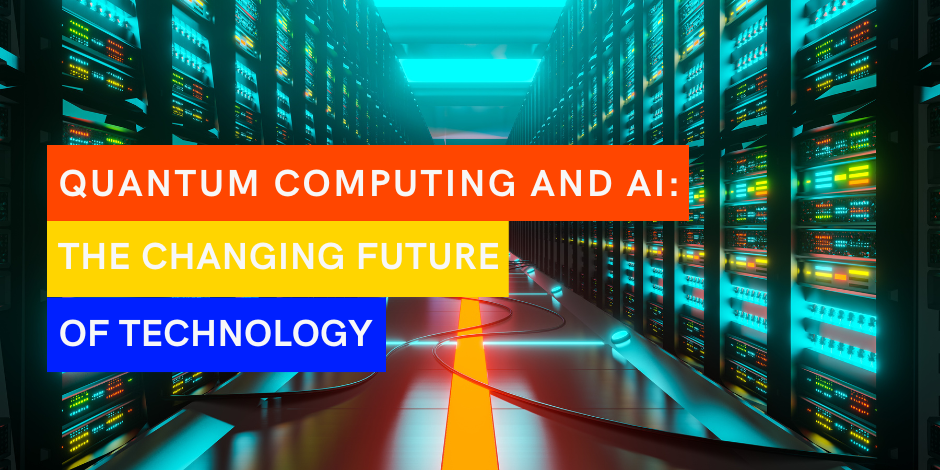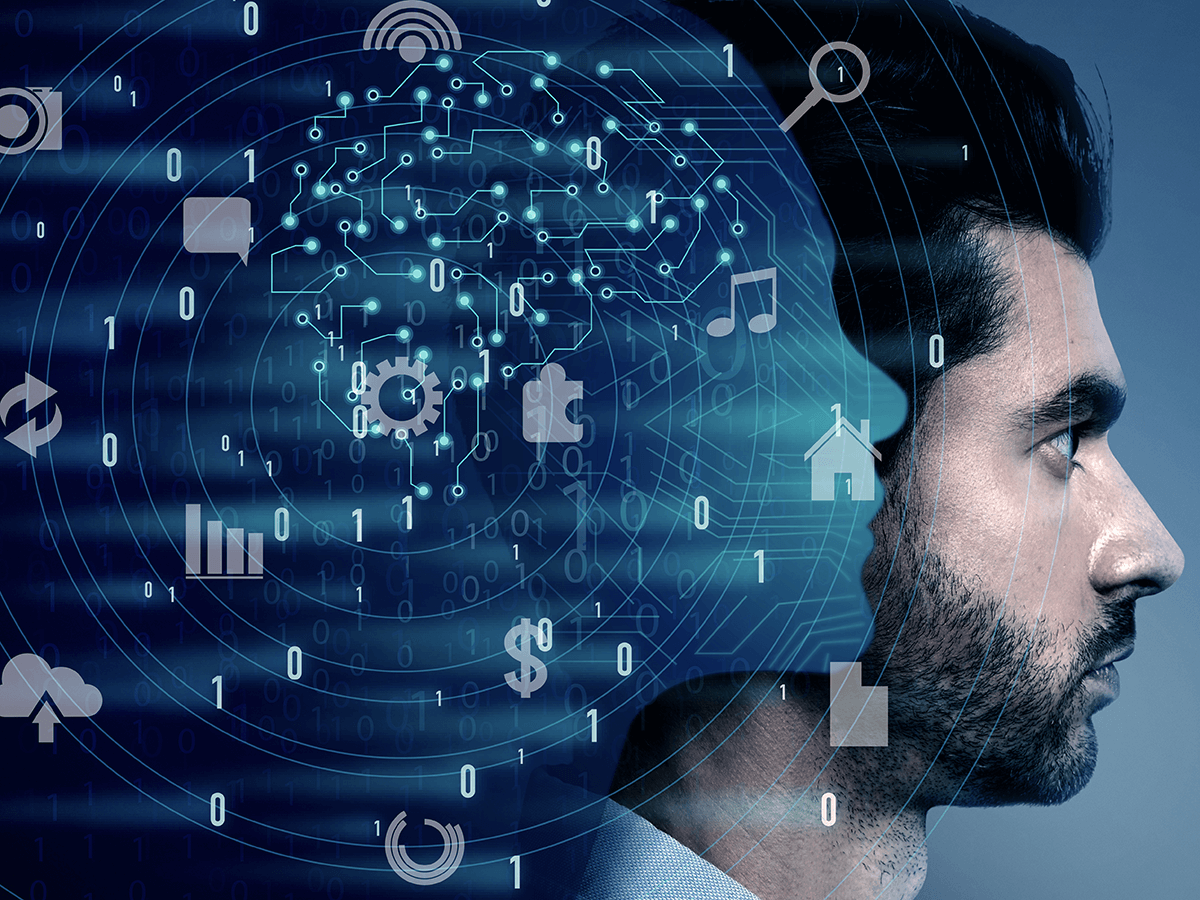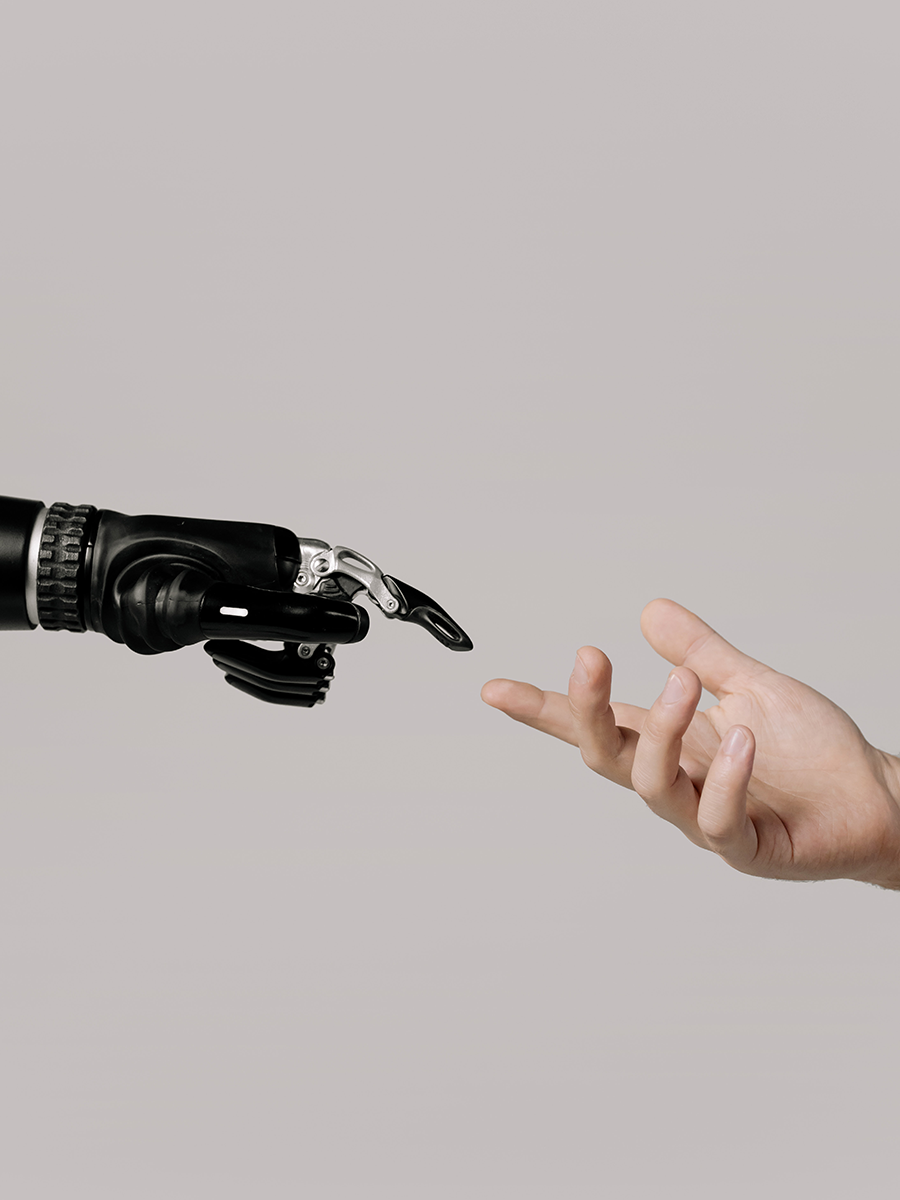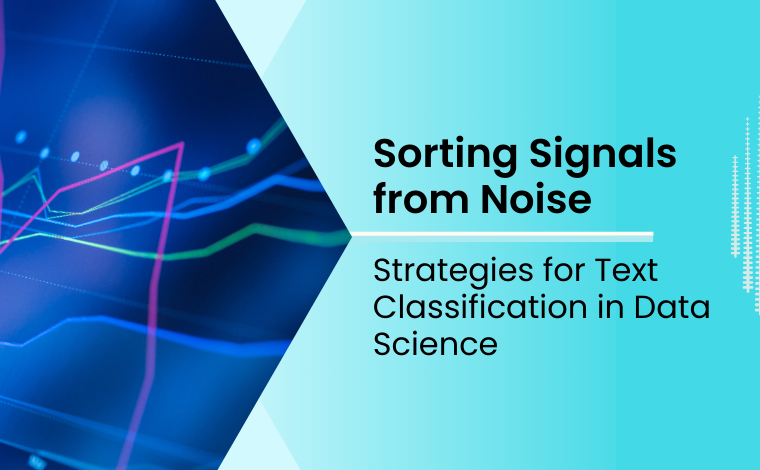Quantum Computing and AI: The Changing Future of Technology

Stay Informed With Our Weekly Newsletter
Receive crucial updates on the ever-evolving landscape of technology and innovation.
Quantum computing and AI are both powerhouse technologies in their own rights, and each has brought about significant improvements and optimization in data processing, analysis, and management. While there is no doubt that just one of these in your business can help elevate and improve business operations, they are incredible game changers when combined.
Like generative AI, quantum AI also speaks volumes on how quickly AI is bound to advance and develop, solving complex problems much faster than traditional machine learning models and computing systems. In this article, we will examine how the intersection of quantum computing and AI can help businesses, and the challenges and risks businesses must work through. We will also look at the differences between traditional AI and quantum AI.
How is the combination of quantum computing and AI useful for businesses?

When businesses combine the power of quantum computing and AI, the results have significant impacts and improvements across all of their operations. Some expected benefits include better automation, improved security, better optimization, and faster data analytics.
For example, suppose there are two competing businesses. One uses quantum AI, while the other uses traditional AI in its operations. In that case, the first business will have a significant competitive edge over its contemporary.
Let’s take a detailed look into how the intersection of these two technological superpowers can help businesses:
Financial Planning
When used together, one of the critical benefits of quantum computing and AI tools is that it is possible to plan around financial risks, understand complex scenarios, make better investment decisions and potentially generate better operational results. In addition, the new-age quantum computers will soon render older encryption algorithms that protect financial transfers obsolete.
This will lead to new and improved security systems that ensure that sensitive data is always secure.
Optimized operations
Another benefit of quantum computing and AI applications is that they can optimize and automate business processes, operations, and systems no matter how complex they are. This is not limited to the production line, as the benefits also help with transportation, energy distribution, automated marketing, and optimized supply chains.
With the combination of these tools, it is easier to make better predictions. Another technical aspect that is improved in turn is machine learning models, which can learn faster and provide much better results.
Security Benefits
AI and quantum computing makes a range of workplace security and cybersecurity improvements possible. For instance, AI tools can quickly look at the data patterns of a cybersecurity threat actor and implement a plan to counter them. At the same time, quantum computing makes it nearly impossible to hack computer systems by enhancing network security using techniques like required distribution and quantum encryption.
With these threats eliminated and automated robots handling dangerous tasks in the workplace, employees can focus on other tasks to improve business operations.
Improved Data Analytics
Another benefit of quantum computers is their applications in data analysis, which can be performed much quicker on a larger scale using these advanced systems.
Adding machine learning models and AI solutions to this mix makes generating better real-time predictions more manageable, improving executive decisions that affect every stakeholder and core company operations.
How is quantum AI different from traditional AI?

There are several differences between quantum AI and traditional AI, and the most substantial difference is in how they process and analyze datasets. While quantum AI is much more advanced in its data analysis abilities as it works with quantum computers, classical AI is much more limited in comparison.
Here is a look at some of the key differences between these two systems:
Limited Availability
It is essential to understand that despite their raging popularity and fantastic results, quantum sensors and quantum computers are still rare compared to classical computing. Moreover, since they are in their infancy and not as mainstream, the cost of available options can be exceptionally high.
With time, more businesses will adopt quantum AI solutions rendering traditional AI systems obsolete, but for now, the traditional system is still the business standard.
Complex Data Analysis
There are certain things that each artificial intelligence system is better for. For example, quantum AI is excellent for working with complex data sets that traditional AI cannot handle as easily. This is because quantum computing makes it possible to solve the most complex problems within seconds, and using quantum qubits in multiple states makes it possible to analyze data parallelly.
However, a potential challenge for some businesses is that quantum AI works best with algorithms designed to get the best out of a quantum computing system. This calls for designing and developing new algorithms to handle qubits and other aspects of these advanced systems.
Inaccurate Results
Like generative artificial intelligence, quantum AI transforms business operations on such a vast scale that it is impossible to comprehend their functions with a typical computer. However, just like generative AI, they require human surveillance as they are prone to providing inaccurate results.
Most of these errors are a result of external influence on the qubits. With error-correction techniques and quality checks in place, companies can preserve their reputation among customers and provide better solutions.
What are the risks of quantum artificial intelligence?

Several risks come with the unsupervised implementation of quantum AI, including ethical risks, environmental risks, safety risks, and the potential for bias. To ensure that the development of these tools moves forward smoothly, it is essential to put proper checks in place that allow sustainable growth.
In the following sections, we will take a detailed look at some of the common risks that can come with quantum AI implementation:
Environmental Risks
It is important to note that quantum computers require a lot of energy to run correctly, and widespread implementation of these tools could raise environmental and health-related concerns if they are not managed correctly.
The sustainability concerns are becoming more severe with the advances in quantum AI, advanced language models, deep learning models, and deep learning solutions. While it is essential to allow technical advancements, ensuring that they do not put natural resources at risk is also crucial.
Cybersecurity Risks
With the rising demand for quantum computers, cyber security threats have the potential to advance and cause serious harm to multiple businesses and their security systems. Unfortunately, existing cryptography and encryption techniques do not stand a chance in front of quantum tools, and they can easily crack nearly every encryption algorithm cybersecurity experts use today.
If threat actors can harness the power of quantum computing and twist it to benefit their malicious intentions, quantum algorithms could put sensitive user data at risk causing privacy breaches of severe impact. This will make it challenging to evaluate DNNs, and every web interaction will be laced with potential cybersecurity risks.
Potential of Bias
AI bias is a real concept and a significant drawback of these technological advancements. Using quantum machine learning algorithms that generate and work with inaccurate predictions and data is becoming increasingly common since their algorithms are not defined enough to pick out prejudice without human surveillance.
It is essential to put the quantum AI algorithms under repeat tests using multiple teams to ensure their results are free of prejudice, gender discrimination, and racial bias. This helps to minimize the risk of hurting the sentiments of a particular consumer group.
Ethical Risks

Quantum intelligence joins the several new AI developments of this decade that pose a threat of machines overtaking humans and rendering their decision-making skills useless. This is particularly dangerous when we consider the applications of quantum AI in medicine, security surveillance, the finance industry, and even the military.
These systems can easily break into current security systems and easily access financial details and private data after cracking passwords. This calls for a rise in the demand for proper surveillance, control, and regulations on the widespread use of quantum AI. Furthermore, every solution must be designed and developed to serve the general public rather than putting society at risk.
Conclusion
It is clear that despite being a potent tool with limitless applications, quantum AI is a concept that needs to be bridled, as much as it has reason to be celebrated. Specific risks and challenges must be addressed before it is available more traditionally to local businesses.
If you want to be a part of this growing field, book a career consultation with one of our career experts today and explore the limitless area of AI with the right plan!




